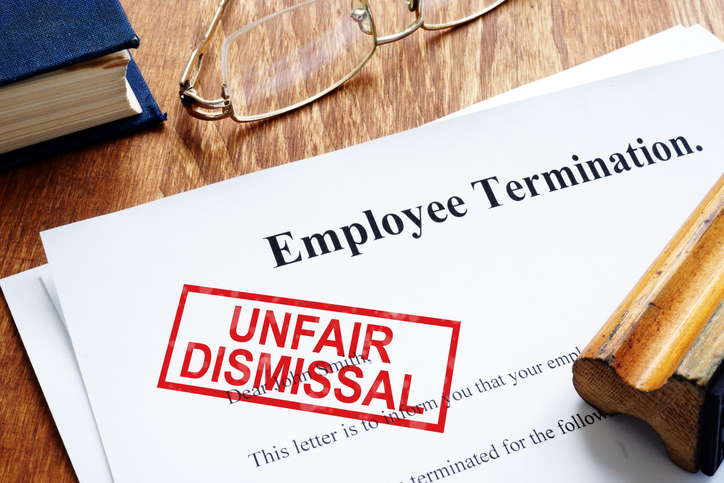On February 13, 2024, the Australian Capital Territory Civil & Administrative Tribunal (ACAT) handed down a decision in an alleged discrimination claim involving a person’s criminal history.
Our employee relations experts examine the case and what it means for businesses.

Case facts
When applying for a position with the Australian Capital Territory (the respondent), the complainant, who was not named, disclosed their criminal record, including for violence, dishonest and drug related offenses in the ACT and NSW, to the head of human resources. The respondent proceeded with the recruitment process, ultimately employing the complainant in November 2021.
The complainant had been working for the respondent, without issue. However, in April, 2023, the respondent received correspondence from the ACT Police that they had executed a search warrant at the complainant’s house, though they did not indicate that the complainant was the subject of the search warrant. As a result, the Integrity Commission provided the respondent with a copy of the complainant’s criminal record.
When this occurred, the head of human resources, who had initially overseen the hiring of the complainant was on leave, and a temporary team lead was performing the role when this correspondence was received. Without notice or consultation, the temporary team lead removed the complainant’s access to the respondent’s systems, removed them from active work, placed them on paid leave until the end of their contract and advised them that their temporary contract would not be renewed.
Prior to this decision being made, the complainant had a satisfactory performance record with no allegations of misconduct against them. The respondent accepted that their decisions arose as a direct result of the information received from the Integrity Commission.
The ACAT found the ACT discriminated against the complainant, and the grounds for discrimination were found to be an irrelevant criminal record.
The decision
The respondent directly discriminated against the complainant based on their criminal record which was determined to be irrelevant. It was direct discrimination, not offering an extension of employment based on the knowledge of the existence of the criminal record with no other relevant information. Meanwhile, the complainant had met their obligation of disclosure.
Key takeaways
To determine if a criminal record is irrelevant, an employer must consider all the circumstances around the employee’s engagement.
This includes understanding the criminal record’s context, an employee’s acknowledgement of it, current circumstance, and any evidence from a health professional. Mediation can be a good chance to understand an employee’s circumstances.
The payment of money does not necessarily reduce the detriment arising from an absence of work and an absence of an offer for future work. Also, the Integrity Commission are not the decision-makers to the relevance or irrelevance of criminal records.
If a risk of discrimination is likely, CCIWA strongly recommends that employers contact the Employee Relations Advice Centre on 08 9365 7660 or via [email protected] to seek further advice prior taking any action.












